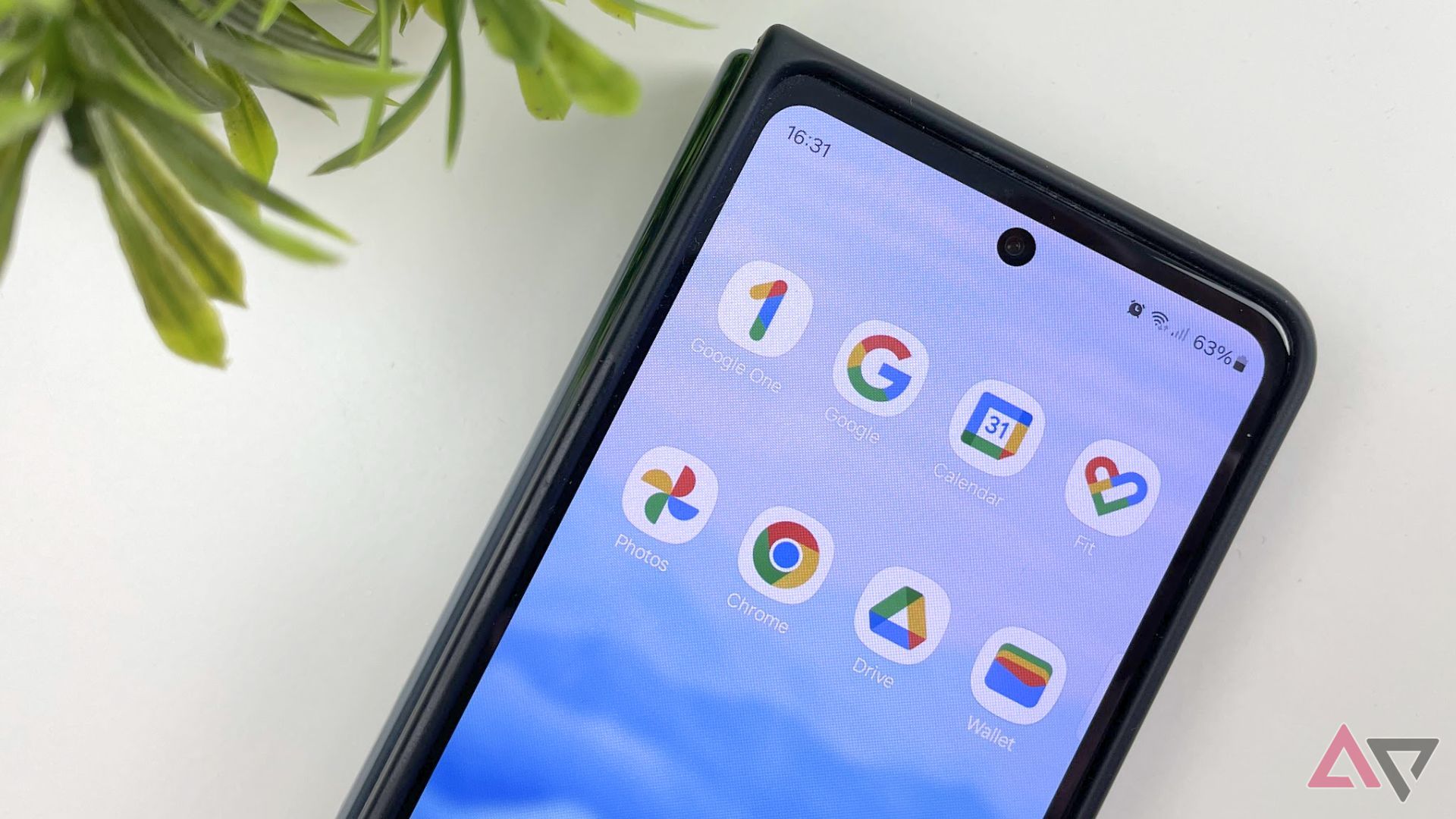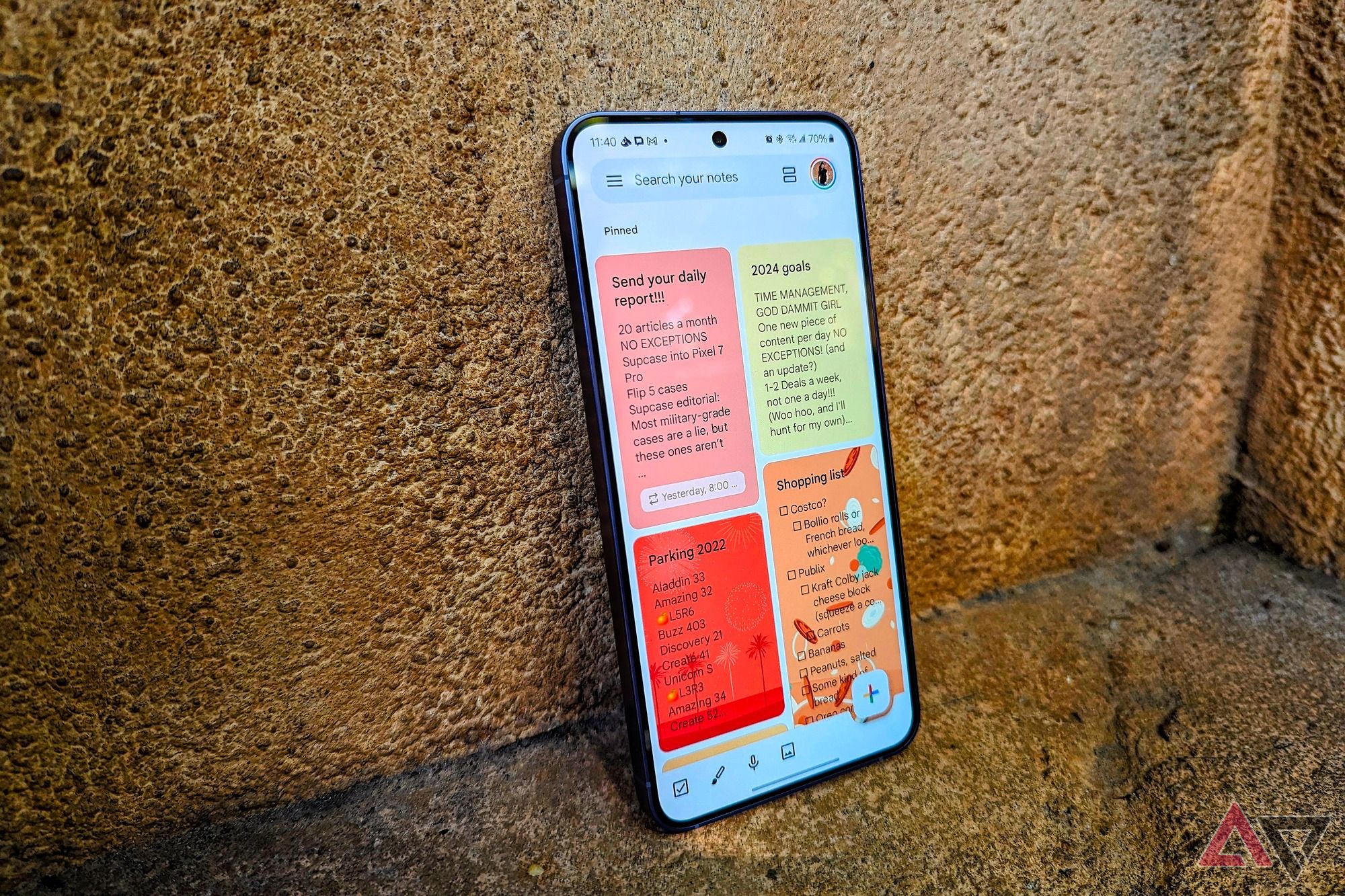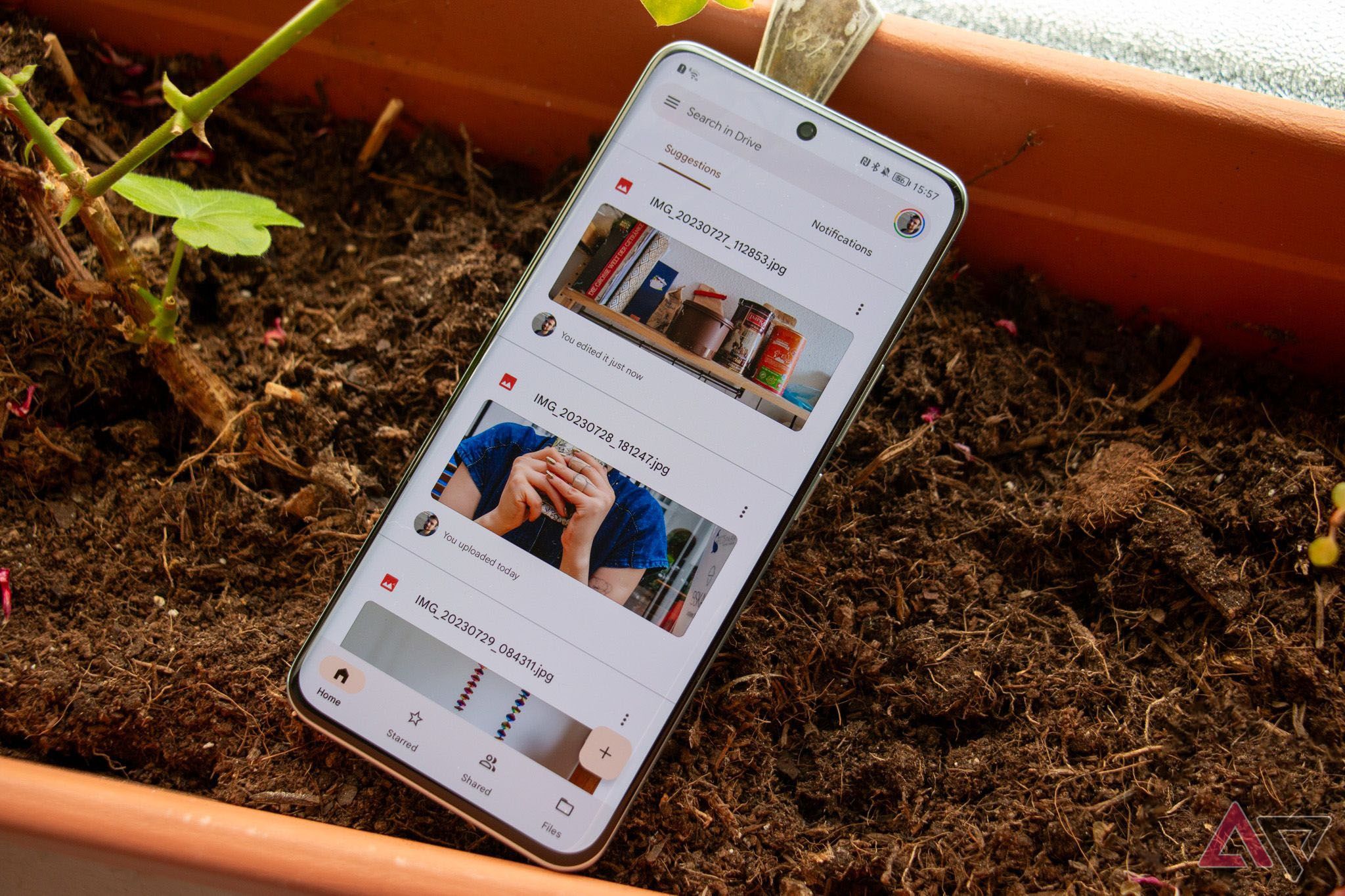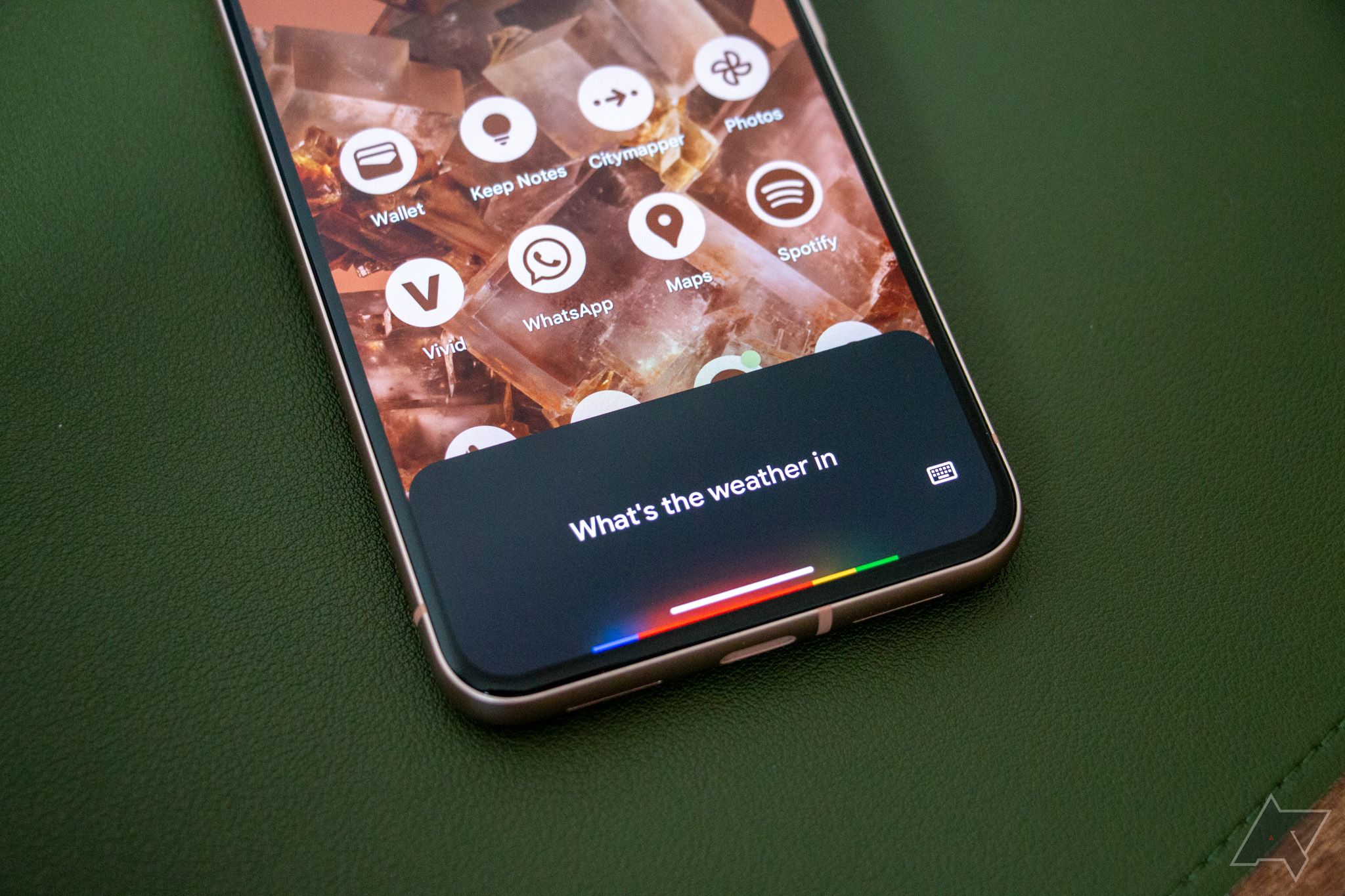Once upon a time, your phone doubled as a magical land filled with apps like Hangouts, Reader, Inbox, and Stadia. But then, Google killed them, and frankly, your life has been worse off for it. These apps rest alongside dozens of others in the Google Graveyard, fondly remembered by Android enthusiasts and tech nerds while being slowly forgotten by the rest of society. But Google is still creating new apps and services, which raises an obvious question: Which app will be next? I have a few ideas.
Google now lets you drop a cool grand on Play Store apps
First $200, then $400, now all the way up to $1,000
1 Google Keep
Seriously, hear me out — your favorite notes app is toast
There isn’t anyone here at Android Police who doesn’t love Google Keep, myself included. That alone is probably enough reason for Google to nix one of their greatest products; it’s never stopped the company before. But other, more valid reasons will likely lead to Keep’s future demise.
-
No AI support:
In case you’ve been living under a rock for the past year, Google is an AI company now. Keep is not an AI product. The simple little note-taking app has an older code and no obvious pathway for Google to jam Gemini into it. Ergo, it’s a goner. -
Simplicity at its core:
Keep’s core features have not changed since it first burst into our world in 2013. It’s one of Keep’s charms, but this is also Google we’re talking about. The only thing Google has done to Keep was strip away functionality, like when it killed the Keep Chrome app in 2021. -
Backup and sync concerns:
Keep integrates well with Google Drive for desktop, making it a liability. Google has already shown it’s willing to switch up its backup services time and time again — just look at the next entry on this list. When it does, whatever Google Drive for desktop becomes will likely not include Keep.
2 Google Drive for desktop
A confusing lineage of programs could get more confusing
We’re not saying Google will kill Google Drive — it’s too much of a core product at this point. But the current Google Drive desktop iteration will likely be replaced by something else. It began as Drive, then Google Drive, morphed into Backup & sync, and then became the current Google Drive for desktop. But for how long?
-
Rebranding:
Google can’t stick with one name for long. Google Drive’s history of desktop clients is a testament to that. But as Google pushes AI into everything Workspace, it’s easy to imagine a full redesign — or even relaunch — of Google Drive for desktop. That will inevitably include a name change. -
Syncing issues:
Google Drive for desktop has faced criticism for not syncing as smoothly as its predecessor, something that likely won’t be addressed with anything else but a new product. -
Competition:
Google Drive is a giant in the cloud storage space, but that’s not to say Dropbox or OneDrive won’t gain an edge, particularly as both deliver AI integration into their respective apps. Google will be forced to compete against Dropbox AI and Copilot in this space at some point soon.
3 Google Play Books
Because why not?
Google Play Books doesn’t fit into Google’s grand AI vision. It has a quaint name and old-school Material Design. It’s like a relic from a bygone era, and those are all the signs of a dead app walking.
-
Play what?
Google has shed nearly all of its Play branding over the past few years, with only Play Books and the Play Store left standing. It seems unlikely that Google would actually rebrand the Play Store — even though it’s done so once already — so it’s stuck with that one. But Play Books? Easy pickings. -
That interface, though:
The Google Play Books interface is functional, and it was one of the first readers to introduce that cool page curling animation. But Google’s design language has evolved, and Play Books is nothing more than a time capsule at this point. -
No AI vision:
The biggest reason Google will kill Play Books is, once again, because of AI. A digital bookshelf simply doesn’t fit into Google’s new strategy. And let’s be honest — the platform hasn’t exactly stayed as relevant as Kindle, Kobo, or even Apple’s own Books app on iOS. Don’t be surprised if Google won’t keep it around.
4 Fitbit or Fit?
There can be only one
Google released the Fit app in 2014. Then Google acquired Fitbit — alongside its own app — in 2019. Both apps kind of do the same thing. While Google initially allowed Fitbit to keep its individuality as a niche performance product for marathon runners, weightlifters, and yoga instructors, the fact remains that Google’s own Fit app already exists. We predict one of these apps will be assimilated, and resistance is futile.
-
The case for Fitbit’s assimilation:
Google Fit just received an update and the app now offers personalized insights and recommendations. We haven’t seen much love given to
Fitbit’s app since its controversial redesign last year
. -
The case for Fit’s demise:
On the other hand, Google Fit may very well face extermination. Its interface is somewhat clunkier than Fitbit that harks back toa pre-AI era of Google, and its by far the more well-known brand. -
Pixel Watch ascendent:
The Pixel Watch is a surprising success story, becoming the
number two highest-selling smartwatch
in the world in 2022. It’s built with Fitbit in mind, so much so that Pixel Watch boxes actually include Fitbit branding. That leaves Google Fit as the odd app out — nice to have, but inessential for most of your Pixel Watch tasks. -
Resistance is futile:
Hypothetically, Google could kill both apps (along with Health Connect) and create a brand new AI-powered health app for both Fitbit and all of Android. Although let’s be real, Google would probably create yet another app without killing the other two, and then kill all three.
5 Google Translate
Bonjour, mon cheri Gemini
Google’s newest obsession is named Gemini, and its rise foreshadows the demise of plenty of apps — including, most surprisingly, Google Translate. This charming AI is multi-talented, and one of those talents is translation. In my eyes, there’s simply no longer a reason to keep Google Translate around.
-
More than a tongue:
Gemini dances circles around Translate because it’s a multimodal LLM. It understands nuance, images, and entire documents. Translate stumbles here, relying on a more rigid process to take one block of text and convert it to a new language. -
Evolution vs same-old:
Google Translate is a fantastic app, but it relies on static rule and pre-programmed logic to do what it does. Gemini can think on its feet, and can constantly evolve as it learns, and that should lead to better translations -
Is that you, Gemini?
: We can see the Gemini app becoming the home for a lot of Google’s services, making apps such as Translate superfluous. Translate is dead, it just hasn’t been killed yet.
6 Google Assistant
The process of removing Assistant has already begun
Google Assistant first appeared with its short-lived messaging app, Allo. It was 2016 and while Allo was clearly an app with a target on it from day one, Assistant was a great success. It ended up everywhere. It had its own app and was built into Android. The entire Nest line of smart home gadgets became Assistant powerhouses. We’ll miss it.
-
It’s already on the way out:
Remember Bard? Google tried to pigeonhole Bard into Assistant last year when it decided it was all about AI.
We called it last March
and speculated Bard would take over Assistant. Now Bard has become Gemini, and using it on Android devices requires you to
replace Assistant
. -
The pursuit of generative AI:
Assistant is so 2010s. Sure, it can set a timer or play music, but like Siri and Bixby, it was limited by how much pre-programmed input it could be given. Generative AI is so much more powerful, even if somewhat hallucinatory. -
Google may streamline:
Google is known for multiplicity. Its teams famously work in competing silos, hence a dozen messaging apps. But CEO Sundar Pichay recently began to
integrate Google’s teams
and there is clearly a focus on streamlining Google’s products. With Gemini ascendent, it’s only a matter of time before Assistant gets the chop. We expect it to happen within a year.
The graveyard beckons
Keep, Play Books, Fitbit, Translate, Assistant, and Drive for desktop will probably soon join their brethren in the Google Graveyard. It’s easy to imagine a day where we’ll remember Keep the same way we pine for Inbox. Hangouts, and even Allo — hey, some of us actually miss it. In their wake will come more Gemini-powered AI tools; at least, until Google kills those, too.
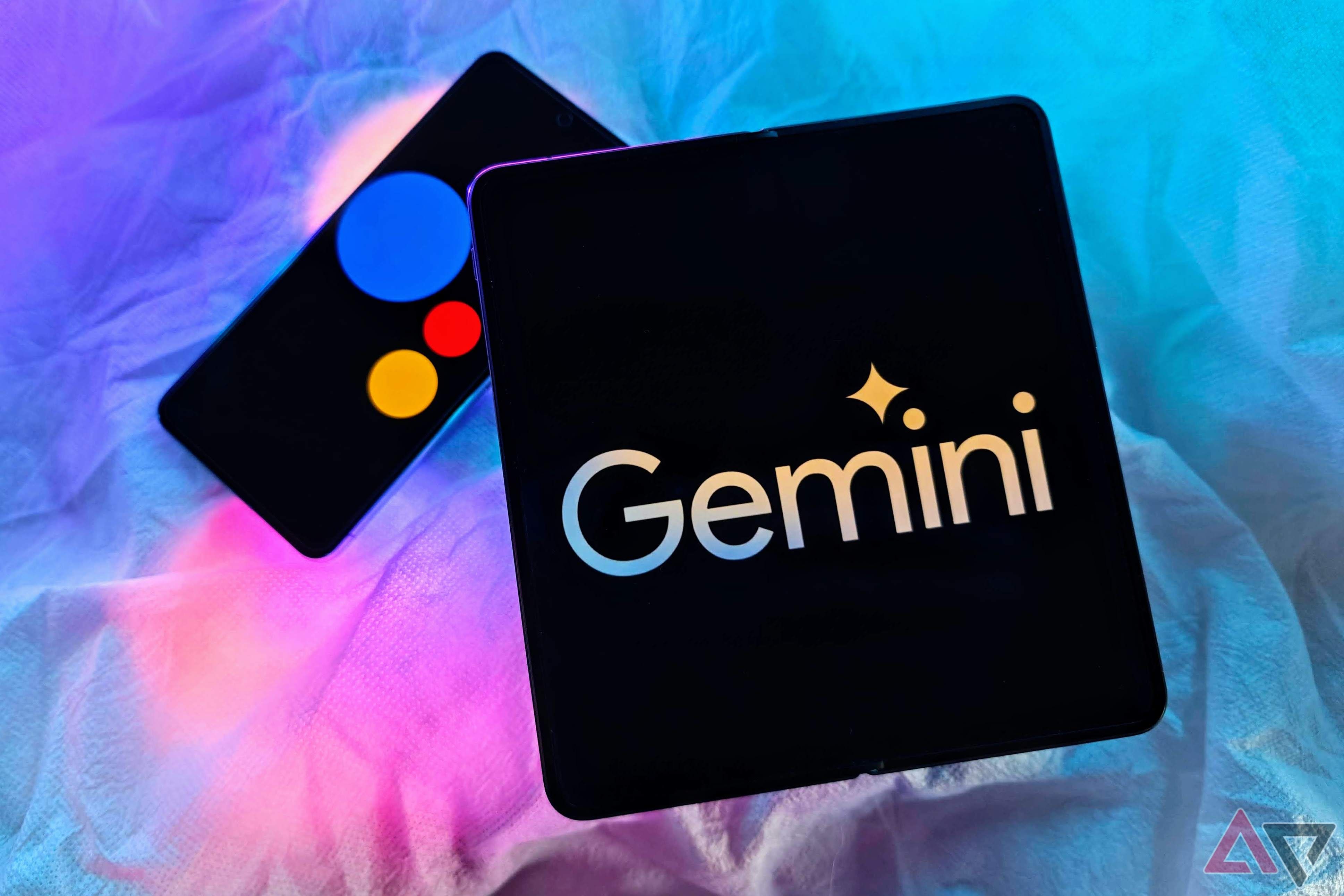
5 features Google Gemini should steal from ChatGPT
Don’t leave these gems behind, Gemini: steal them from ChatGPT

